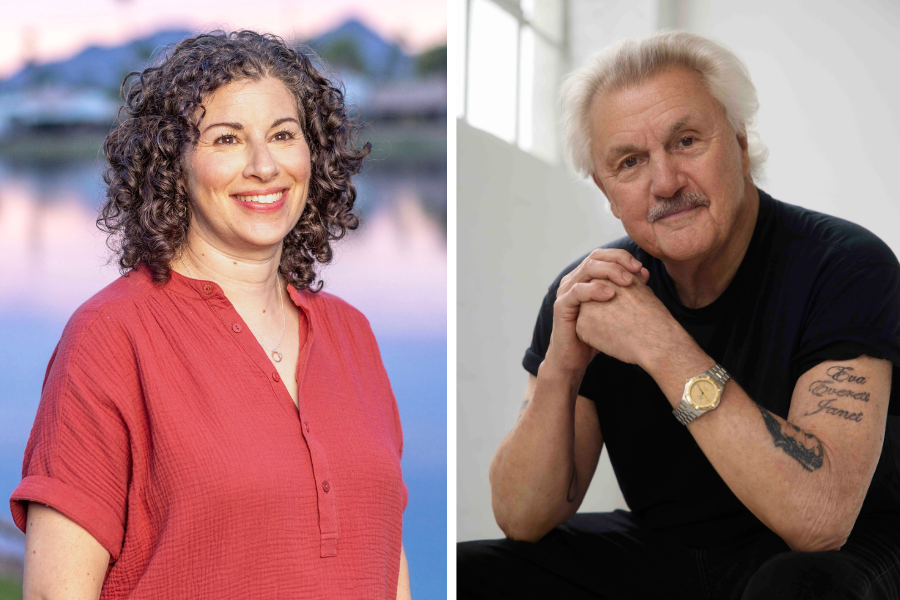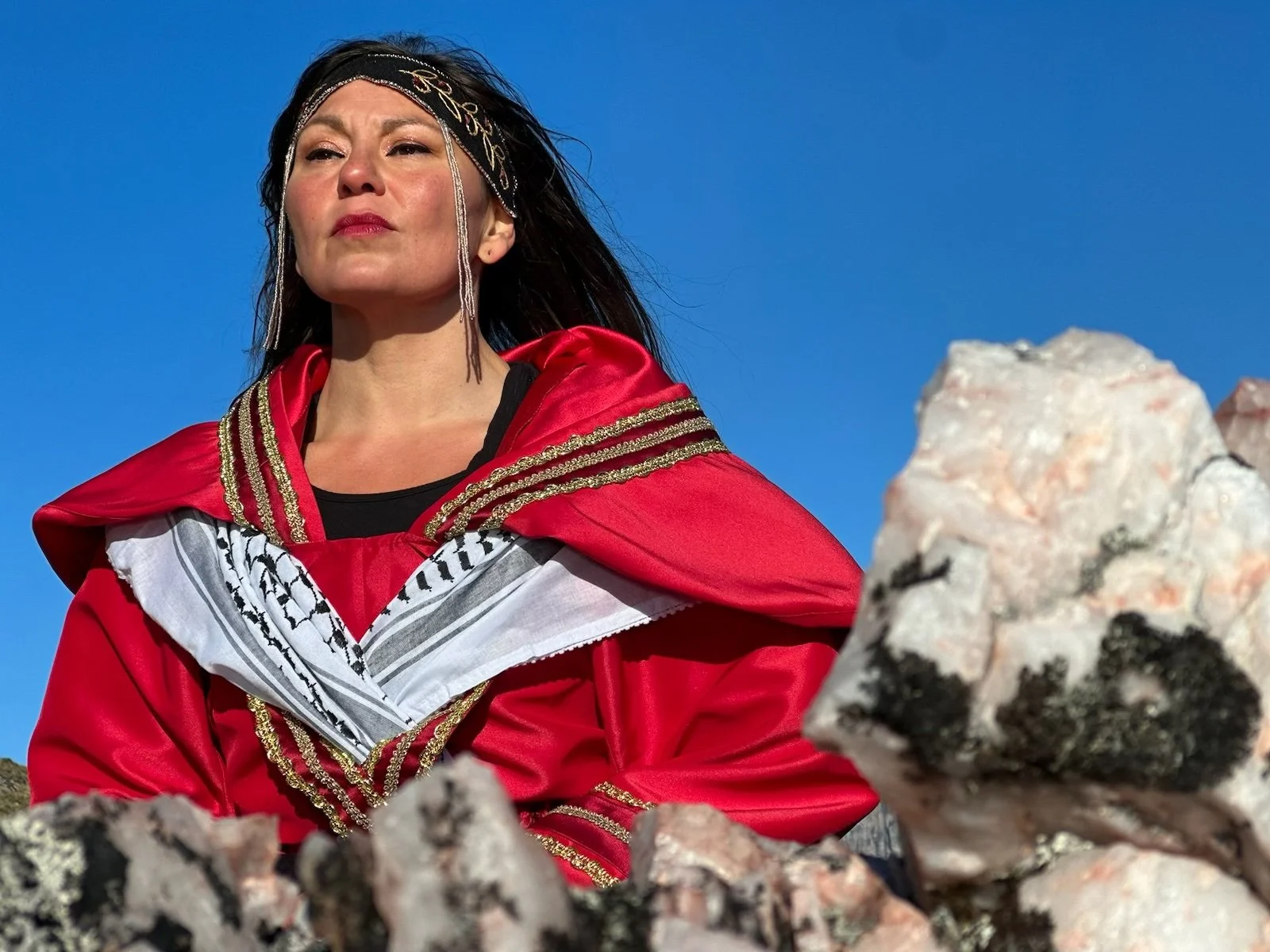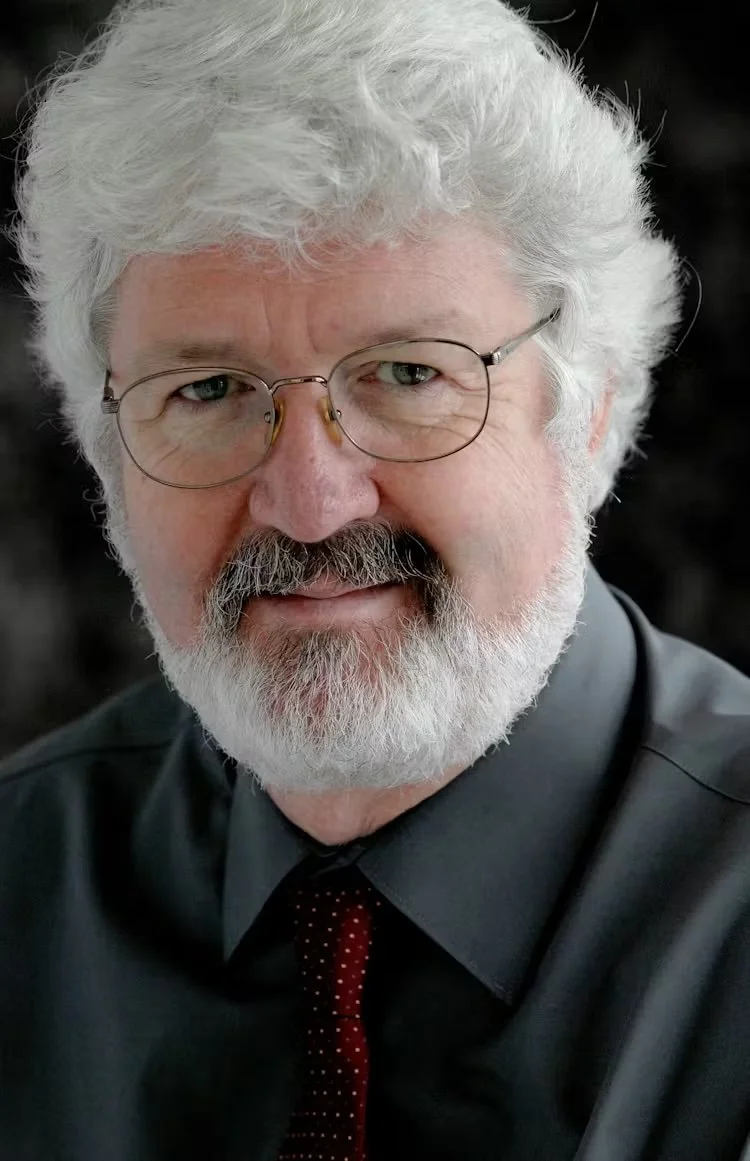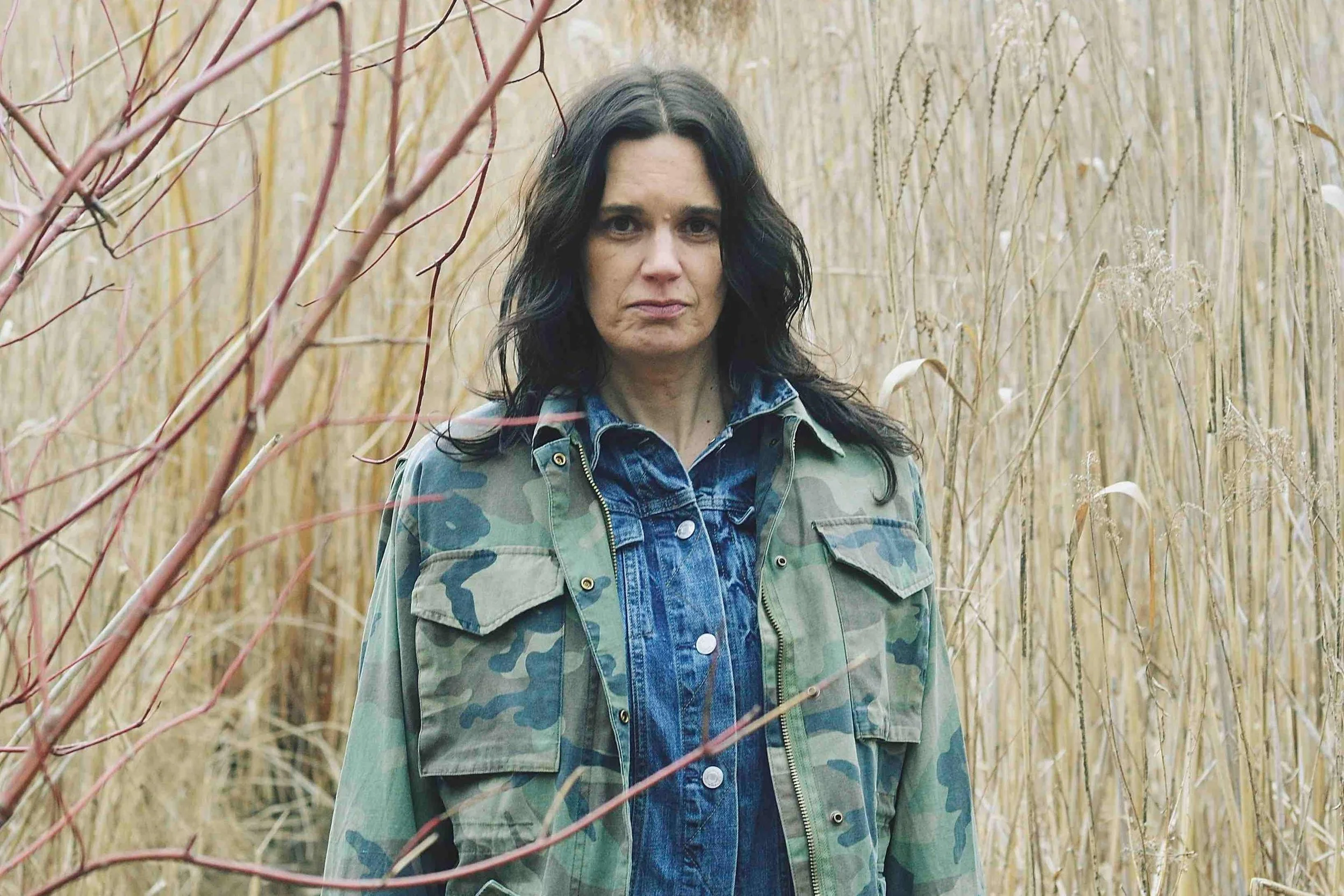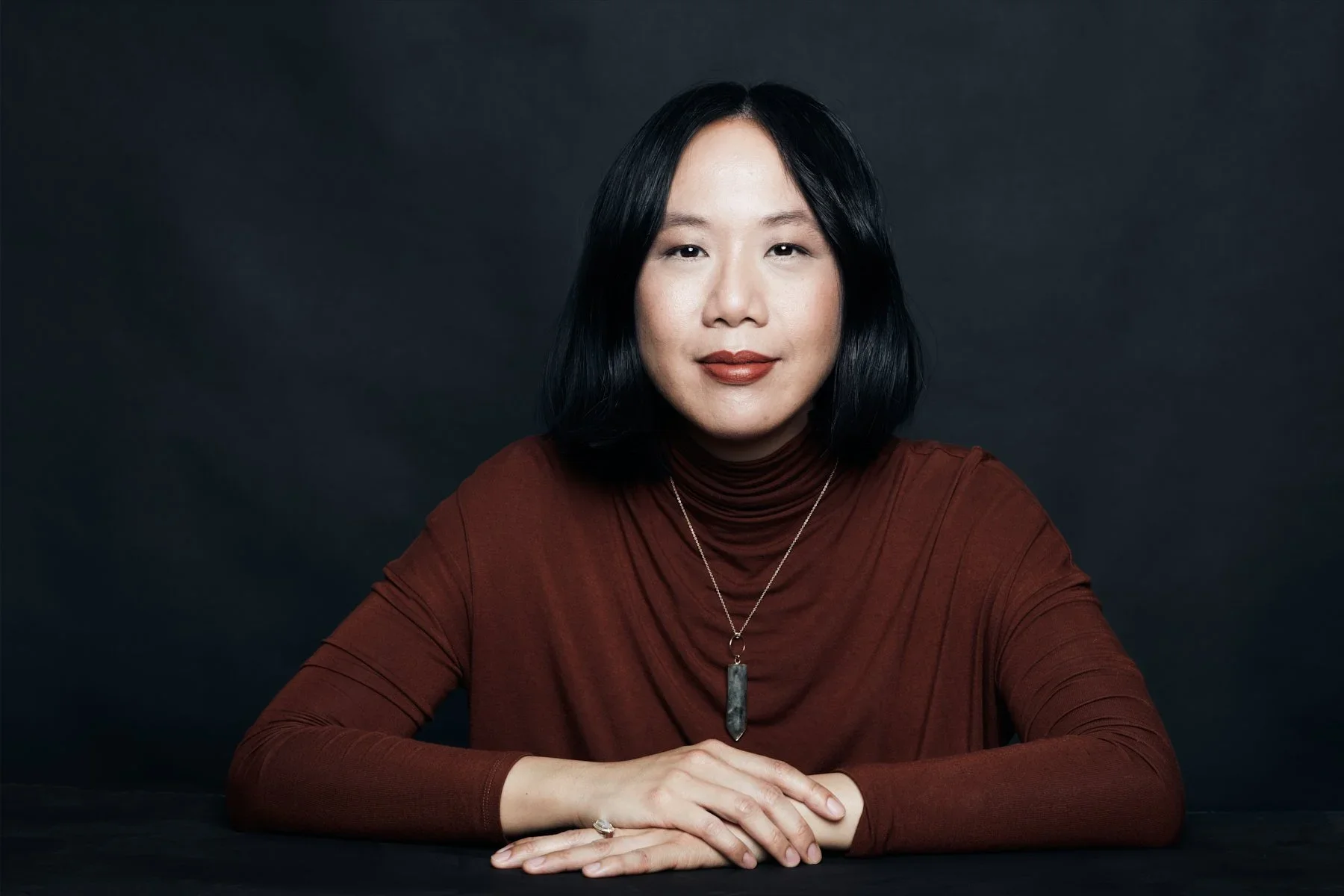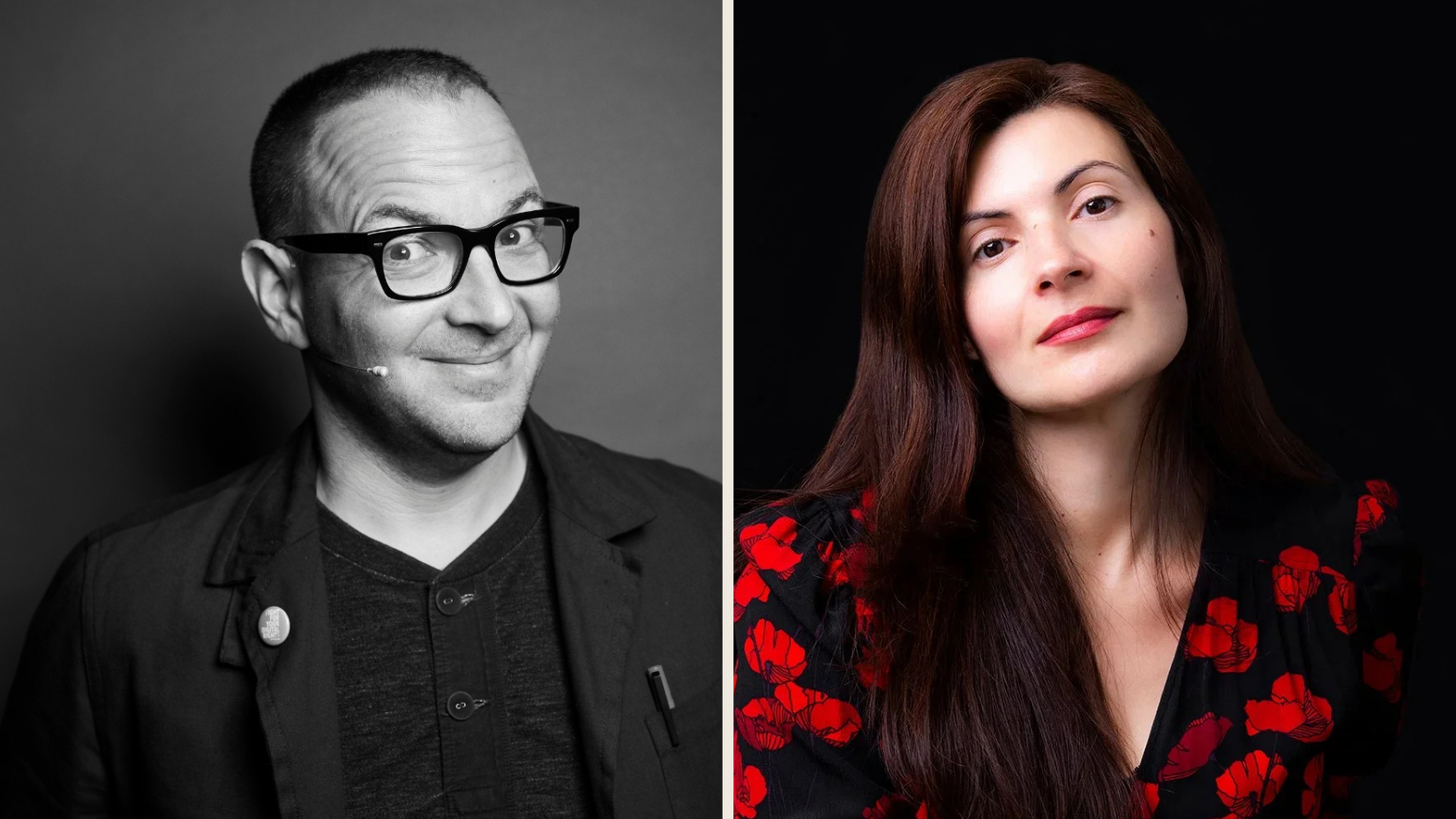Sasha Velour speaks to "The Big Reveal: Why Drag Matters" at Phil Lind Initiative series
When the RuPaul’s Drag Race winner hits the Chan Centre at UBC, she’ll talk politics and draw heavily from her book The Big Reveal: An Illustrated Manifesto of Drag
Sasha Velour. Photo courtesy of the artist
Sasha Velour appears April 18 at 6 pm at the Chan Centre for the Performing Arts, as part of the Phil Lind Initiative's Speaker Series “Pop Politics: Pop Culture and Political Life in the United States”. Presented by the UBC School of Public Policy and Global Affairs in partnership with the Chan Centre
“THE NEW THING is definitely going to walk in with a scream—and that is me,” Sasha Velour asserted, when asked by RuPaul why she would deserve to win season nine of RuPaul’s Drag Race.
She won. And the scream she mentioned? One could argue this was a foreshadowing of her advocacy for LGBTQ2SIA+ rights and drag and queer history education.
Since winning the Drag Race crown in 2017, she’s stayed focused on furthering these causes, and on April 18, she’ll be in Vancouver to deliver “The Big Reveal: Why Drag Matters”, the final talk in this year’s Phil Lind Initiative at UBC. The theme for this year’s speaker series is “Pop Politics: Pop Culture and Political Life in the United States”, through the lens of artists who have used their craft to take a political stance.
Velour’s upcoming talk will draw from her book, The Big Reveal: An Illustrated Manifesto of Drag. In a recent Zoom interview with Stir, Velour describes this book as “the history and theory of drag disguised as a memoir”.
“I’ve been actively putting myself out there as a university and college speaker,” adds Velour, who holds separate degrees in literature and fine art. “I think it’s a relatively new idea for drag artists to come in and speak about the art and meaning of drag. It’s really important, especially because drag and queerness have become such rich subjects for discussion and analysis.”
Once hidden in underground LGBTQ2SIA+ parties in the late-19th and early-20th centuries, drag is now incredibly mainstream, undoubtedly elevated by the success of the Emmy-Award-winning RuPaul’s Drag Race. Yet even some fans of Drag Race may not be very aware of drag’s history and the significance it has played in queer culture—and in a larger sense, pop and political culture.
“It’s frustrating because there aren’t many experts about drag and there’s a lot of myths that circulate,” says Velour. “I also think context and history are missing from most discussions, and they’re so important to making progress. As the old adage says, you have to know where you came from, to move forward.”
For the queer community, moving forward continues to be met with challenges, including the recent backlash against drag performances and transgender rights in parts of the U.S. Velour confronted these issues firsthand while filming the reality show We’re Here, the HBO series featuring former Drag Race contestants.
“Some people are against the progressive laws that have made it possible for queer people to live as their authentic selves and to have the relationships and family support that make them happy,” Velour says. “So this backlash is a dying rallying call from the losing side of the cultural battle towards progress.”
Velour is quick to add that many anti-LGBTQ+ protests aren’t reflective of the communities they happen in. She says that a lot of these events are organized by powerful groups backed by money, who pay and send protesters out. Velour remains hopeful that “if we stay smart and don’t give up, we can swing the pendulum toward progress, and win understanding and acceptance”.
When asked about what audiences can expect to see at her Phil Lind Initiative talk, Velour notes that in addition to learning about drag history and its cultural significance, guests can bet on experiencing signature Sasha Velour flair. The performer, known for her living-artwork makeup, wigs, jewellery, and costumes, promises to give her presentation a “draggy twist”, despite being a self-proclaimed “humourless bitch”.
“The best way for people to remember stuff is by being entertained,” she hints. “So, I’ll bring some reveals and surprises.”
Velour’s passion for drag is rooted in her belief in drag’s transformative powers, which she feels can help people stretch themselves and better support each other.
“Everyone could be a little gay if they just explored that side of themselves. Everyone has a mixture of gender energies inside of them—masculinity, femininity, maybe neither, and maybe beyond,” she explains. “I don’t think any person is a monolithic cliché. To me, drag isn’t about simply transforming from one gender into another. It’s about letting go of limits that we put on ourselves based on gender, and then exploring new options, new combinations, and new energies. So, I think the big reveal of drag is that there’s so much more possibility for us than we know, and understanding this will also open us to other people’s possibilities.” ![]()




